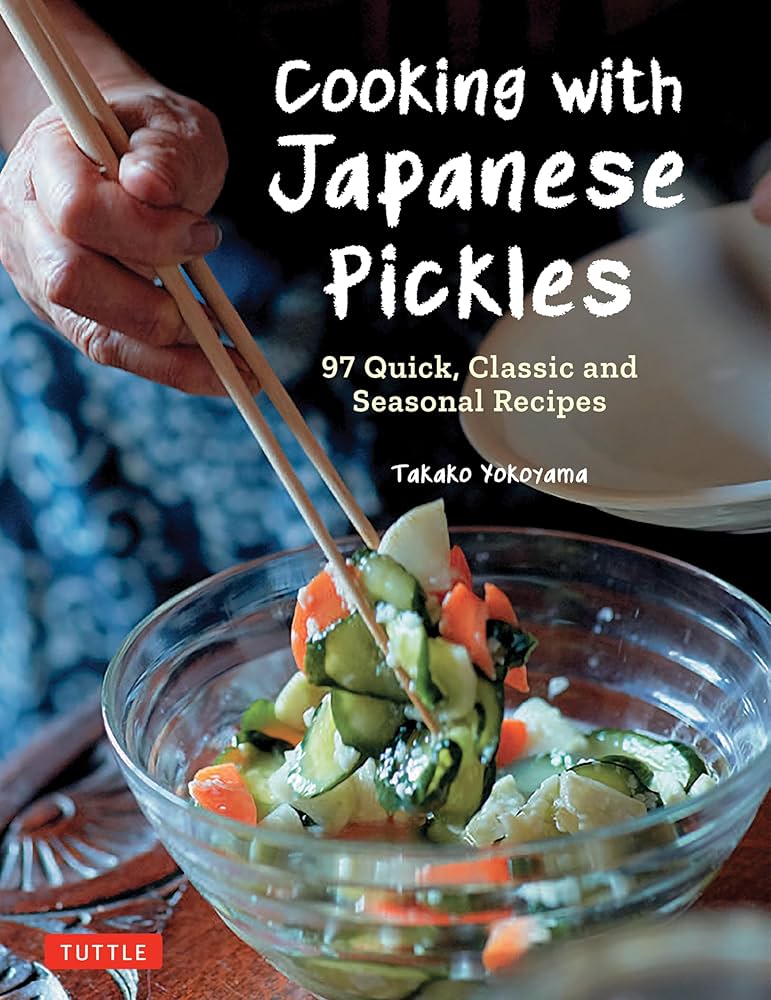Rediscovering Vintage Skills: The New Wave of Canning and Gardening
Hands-on hobbies like gardening, canning, and baking are enjoying a renaissance, merging sustainability with time-honored traditions.

Embracing hands-on skills is becoming a trend among modern enthusiasts.
In recent years, traditional crafts have surged in popularity as many individuals seek to reconnect with a simpler way of life. A unique blend of culinary exploration and sustainability is breathing new life into skills such as sourdough baking, canning, gardening, and fermenting, making them appealing to a wider audience. Whether driven by nostalgia or contemporary environmental concerns, the allure of hands-on hobbies is capturing the hearts of urban dwellers and suburban families alike.
The Allure of Old-Fashioned Crafts
It’s impossible to ignore the charm of vintage homemaking skills making their way back into the mainstream. The rise of sourdough starters and the clinking of mason jars are echoing through kitchens and social media feeds across the nation. The resurgence can be largely attributed to a growing awareness around sustainability: as people become increasingly concerned about food sourcing and the environmental impact of their choices, hands-on hobbies provide practical alternatives.
To many, the act of canning and preserving food from local gardens symbolizes a lifestyle that values reduced waste and greater connection to nature. Additionally, many are turning to these crafts as a much-needed reprieve from the fast, tech-driven pace of modern existence.
Embracing Self-Reliance Through Vintage Skills
This trend towards vintage hobbies also reflects a larger cultural movement towards self-sufficiency. The COVID-19 pandemic undeniably accelerated interest in hands-on projects, as individuals sought productive ways to fill their time while at home.
Engaging projects like canning, fermenting, or baking sourdough not only foster a sense of accomplishment but also empower individuals to take control of their food sources. Gardening, for example, allows people to cultivate fresh produce while building knowledge about their dietary habits. As Shruthi Baskaran-Makanju of Urban Farmie puts it, “There’s something about growing your own food that really resonates right now, especially for people living in cities.”
“It’s less about perfection and more about enjoying the process.”
Baskaran-Makanju suggests that beginner gardeners consider starting with herbs or greens—options that are easy to grow and require minimal space.
Social Media: A Gateway to Old Skills
Gone are the days when learning the art of canning or baking required a family elder as a mentor. Today, platforms like TikTok, Instagram, and YouTube serve as vibrant classrooms for these vintage crafts. Content creators often share step-by-step tutorials, making skills that once felt intimidating seem accessible and achievable.
The visual nature of these platforms showcases the tangible rewards of these hobbies—whether it’s a jar of homemade jam or a loaf of freshly baked bread, these images capture the imagination and inspire others to start their own journeys into self-sufficiency. The trend is transforming kitchen tables into classrooms full of creativity and discovery.
Sustainability Meets Hands-On Skills
As climate consciousness rises, many are turning to traditional hobbies that resonate with their sustainable lifestyle goals. Canning and fermentation are not only practical but also environmentally friendly alternatives. By creating foods like sauerkraut or kombucha from scratch, individuals reduce waste and move towards a more sustainable food system. Additionally, these methods allow seasonal produce to be preserved and enjoyed throughout the year, eliminating the need for out-of-season produce transported from afar.
Gardening, too, ties directly into these sustainable practices, encouraging organic techniques and the mindful use of resources. Beyond the environmental advantages, there’s an emotional component powering the appeal of these pursuits. Inspired by their favorite online creators, many find that activities like baking and gardening provide a necessary escape from technology, offering fulfilling experiences away from the digital realm.
Getting Started: Tips for New Enthusiasts
For anyone interested in stepping into this trend of hands-on hobbies, starting small is beneficial. Engaging in simple activities like creating a small kitchen garden, trying your hand at a basic loaf of bread, or even making a batch of homemade jam can provide newcomers with a rewarding introduction to the world of vintage skills.
Local workshops and community gardens are excellent resources for aspiring hobbyists, as many offer valuable guidance to help individuals on their journey toward self-sufficiency.
The Future of Homesteading and Self-Sufficiency
As the appetite for convenience diminishes, a growing number of people are willing to embrace traditional skills as a way to explore simplicity. The enthusiasm surrounding hobbies like canning, fermenting, sourdough baking, and gardening is indicative of a broader desire to engage with nature and prioritize sustainability in everyday life.
Rooted deeply in history, these vintage skills provide new generations with practical tools and a renewed sense of purpose. As we witness this resurgence of hands-on hobbies, it’s clear that the blending of modern living and timeless craftsmanship will only continue to evolve.


 Photo by
Photo by 












